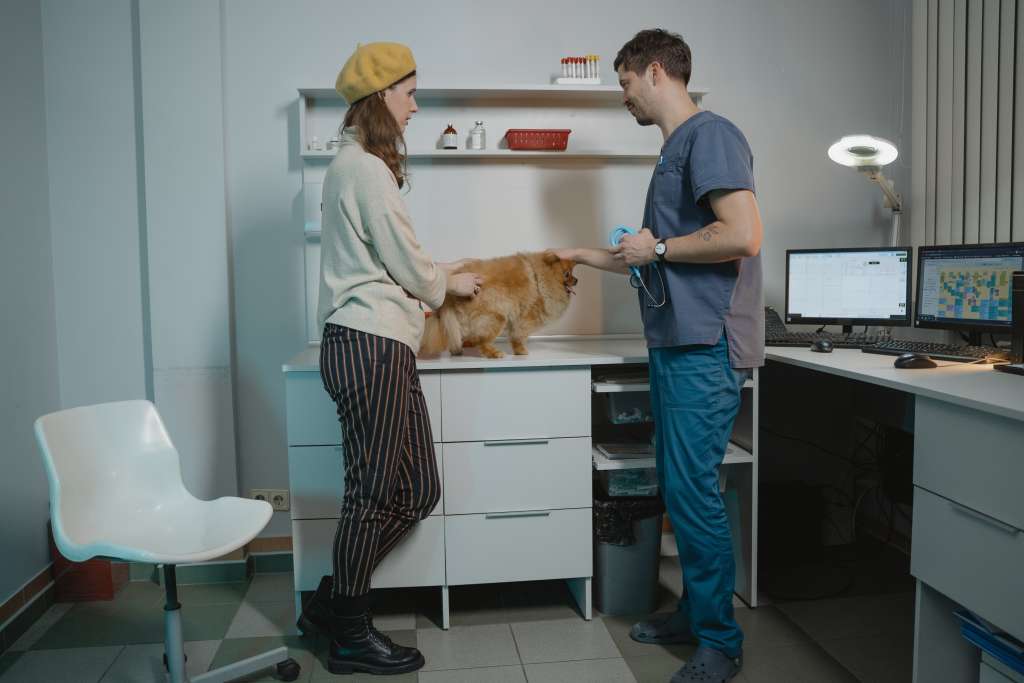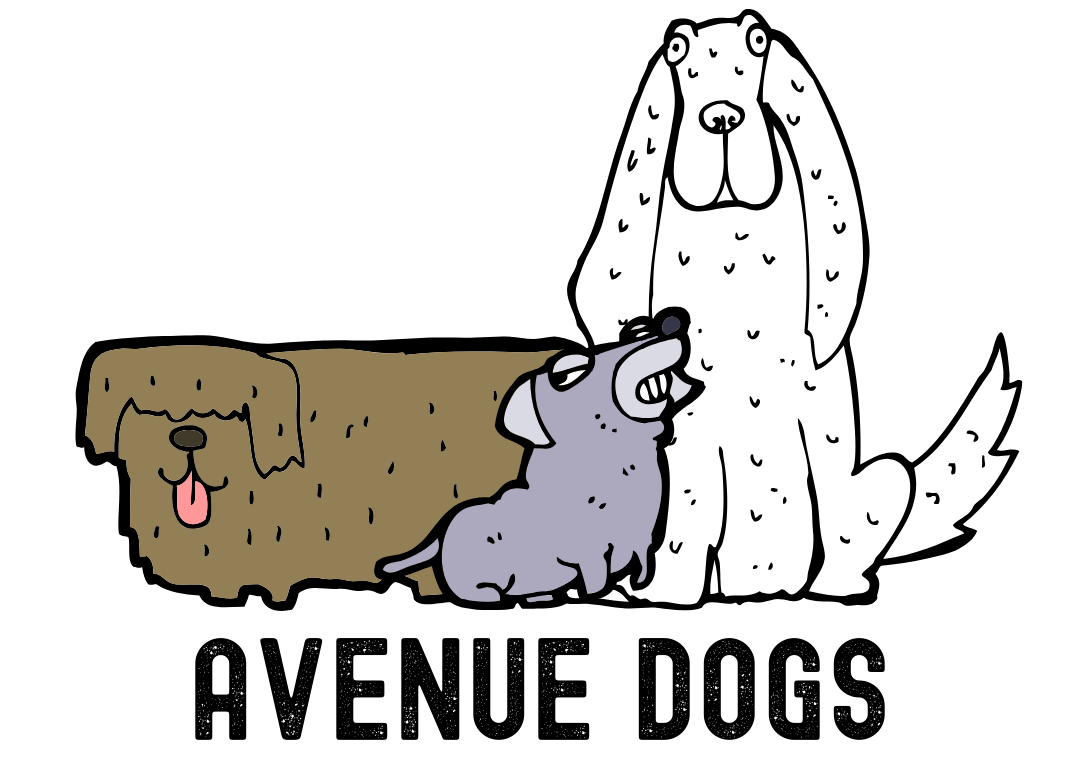


Thinking about getting a new puppy? Have you already brought home your new fur-baby and are wondering what the next steps are? You know a trip to the vet is in order, and that spaying or neutering is probably going to be recommended, but maybe you’re still not sure what to expect after neutering your dog.
You’re not alone. The thought of bringing a new pet to the vet for elective surgery scares most new pet owners. Fear not, though, not only is spaying or neutering your new pet a very common procedure, it’s one that’s very beneficial to everyone involved.
Spaying and neutering your pet dog offers several benefits for your dog as well as your whole family. You may already be familiar with the most obvious reason to spay or neuter your dog, but the procedure also helps protect the domestic dog as a species, eliminate a variety of health concerns, and assist with future training efforts. Neutering improves your dog’s health and makes your life easier in the long run.
What’s the Difference Between Spayed and Neutered
The primary function of spaying and neutering is to stop your pet from reproducing. The difference between spayed and neutered solely depends on the gender of your dog. Female dogs are spayed, which involves the removal of the ovaries and the uterus. Male dogs, on the other hand, are neutered, which involves the removal of the testicles.
Both procedures are safe and 100% effective when it comes to restricting an unwanted pregnancy. Aside from helping to reduce the number of pets that end up in shelters, spaying and neutering also have some secondary benefits.
Benefits of Spaying Female Dogs
The most obvious benefit of spaying your female dog is avoiding unwanted pregnancy. Other medical benefits to this procedure include drastically reducing or eliminating the risk of womb infections and mammary cancer.
Benefits of Neutering Male Dogs
Neutering your male family dog will make them less likely to get certain cancers and prostate disease. Male dogs that have been neutered have also been shown to experience decreased aggression and improved behavior.
When to Neuter Your Dogs



The best way to determine at what age your dog should be neutered is to consult with your veterinarian. As a general rule of thumb, the ideal time to neuter your dog is between four and nine months. The larger the dog breed, the longer your vet may wait to perform the procedure. Dogs older than nine months can still be neutered, but the recovery time will most likely be extended.
Choosing the right age to neuter your dog can significantly reduce the risks associated with the surgery. Determining the right time to neuter your dog will depend on their breed and general health and should be discussed with your vet.
While relatively routine these days, spaying and neutering are still considered surgical procedures. As a result, your dog will go through a recovery period. If you’re considering getting your pup neutered, keep reading to learn what you can expect during the recovery period.
What to Expect After Neutering Your Dog



The procedure is done under a general anesthetic, which allows your dog to come home the same day. The effects of anesthesia may cause your dog to be agitated or aggressive, so sleep and rest the day of the surgery is essential. It may also be necessary to assist your dog in getting in and out of the car following the procedure. Carefully lift your dog by wrapping your arms around the front legs and back legs.
Anesthesia can also cause your dog to have a sensitive stomach. Offer small amounts of water, followed by ¼ of their normal amount of food the first night. If they are unable to keep the water down, do not offer food. Normal appetite should return within 24 hours.
How Long will my Dog be in Pain After Neutering?
The most discomfort your dog will feel is on the day of the procedure after the anesthesia has worn off. Make sure your dog has comfortable bedding and try to restrict any activity on the day of the neutering.
Discomfort will most likely last for a few days following the procedure, with complete recovery within a week. During this time, small walks to use the restroom are fine, but try to restrict any other activities such as running, socializing with other dogs, or roughhousing with the kids.
Dog Neuter Recovery: One to Two Weeks
During the recovery period, you can and should spend lots of quality time with your dog.
- Pamper your dog: keep them groomed and their nails trimmed to avoid having your dog scratch and accidentally pull out stitches
- Limit steps and keep your dog off of beds or furniture
- Crate rest is encouraged for young dogs and puppies
- Keep other pets and children away during this recovery time
- Do not bathe your dog during recovery
Most postoperative complications occur due to excessive physical activity during recovery. You should keep them from running, jumping, playing, or swimming for at least two weeks.
The good news is that the vast majority of dogs recover quickly following the procedure. In addition to the recommendations above, lots of love, cuddles, and treats will help ensure a speedy recovery for your family dog.
What Does it Cost to Neuter my Dog?



Neutering a male dog is considerably less involved, and therefore considerably less expensive than spaying a female dog. The exact cost of neutering your dog, though, will be dependant on numerous factors, including the age of your dog, the breed, what area of the country you live in, and who performs the procedure (big-box pet stores such as PetCo offer neutering clinics, which may be priced lower than a vet at a private practice).
That being said, costs for neutering your dog can range anywhere between $200-$600. Generally the smaller, younger, and healthier the dog, the lower the cost for the procedure. If the costs associated with neutering your dog have you reconsidering the procedure, there are numerous low-cost neutering clinics located throughout the country where you can have your dog neutered at a reduced cost.
Does Pet Insurance Cover Neutering?
Sadly, it’s very unlikely that your pet insurance will cover your pet being spayed or neutered. These procedures, as well as vaccines and dewormings, are considered elective procedures, and they are rarely covered by pet insurance policies.
Now you Know What to Expect After Neutering your Dog
Many of us consider our pets to be a part of our family and the decision to put them under the knife for an elective procedure is a difficult one. Spaying and neutering, though, are such common procedures that the risks involved are far outweighed by the benefits.
Dogs that are spayed or neutered tend to be healthier, happier, and less prone to aggression. Now that you know what to expect after neutering your dog, you can see that it really is a win-win procedure for all involved.
Related posts:
Emily is a writer who travels full-time in a converted school bus (aka skoolie) with her 5 year old lab mix, Eliot. She is passionate about sustainability and making healthy lifestyle changes. Emily enjoys hiking and exploring the country with Eliot.
